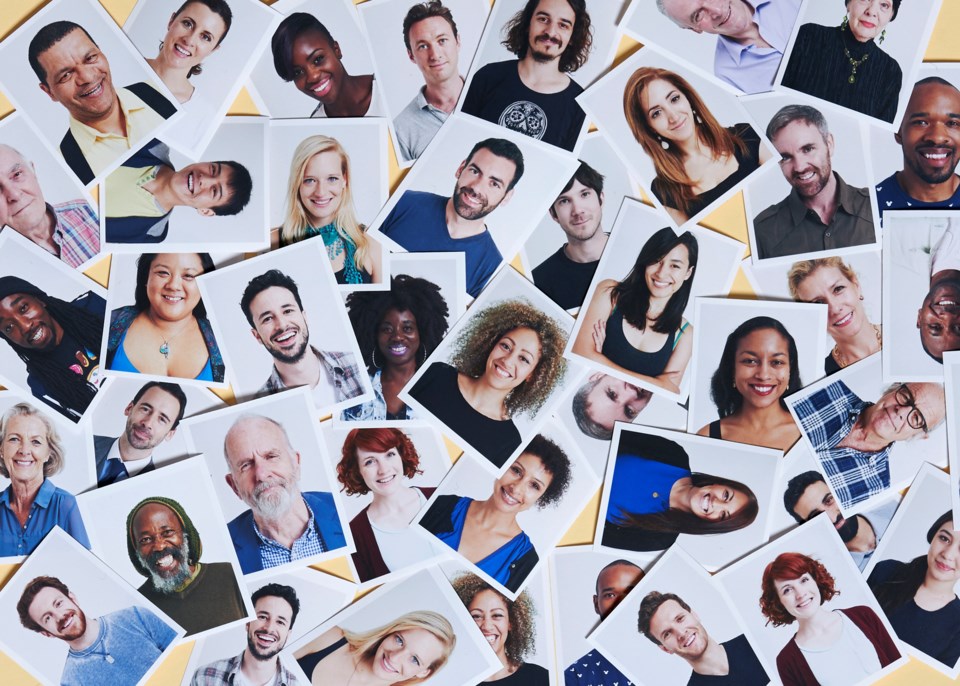We live in a very diverse world. Not only is each individual unique, but as people from different parts of the world have come into contact it has become clear that each culture has different priorities. Is there anything that we have in common?
I was very fortunate to have been brought up in a multi-cultural and bilingual household and to have come of age in a Canadian city that celebrates its ethnic diversity. Travelling, studying and working on different continents also broadened my perspective, and I came to realize is that there is a great deal that brings us together. Individual and cultural differences simply add to the richness of our common humanity.
I recently uncovered some very old university notebooks from the year I spent studying in the Philippines. Given that my degree was in social sciences with an emphasis on cross-cultural studies, I was able to take some fascinating courses examining ethics and values on the other side of the world. What I realized is that while there were differences in language (including body language), traditions, interests, and certain cultural norms, there were certain things which we agreed upon. We all valued honesty, integrity, respect, truth and love. We also recognized that when these principles were compromised we created problems for ourselves and for one another.
It is also interesting to note that how one shows respect can very between one culture and the next, but that open-mindedness can help us to gain better understanding of one another.
Early in my professional career I found myself in the bustling African metropolis of Kinshasa. When walking down the street I noticed that complete strangers were saying hello to me. Having lived in both Toronto and Montreal, I felt quite affronted by this behaviour. I brought up my displeasure with Congolese colleagues. They were rather surprised at my reaction and shared, “These people can see you’re not from here and they just want you to feel welcome.” Needless to say, my perspective was broadened, as was my sense of humour.
The truth is that there is no superior culture in the world, there are just different cultures and different ways of interpreting our core human values. Unfortunately, it took us centuries of colonialism and two extremely destructive world wars before finally engaging in serious discussion regarding our commonality.
Global discourse began in earnest after the Second World War. In 1948, the United Nations published the Universal Declaration of Human Rights. Other human rights documents have more clearly specified these common values, including the UN Convention on the Elimination of All Forms of Discrimination against Women, the UN Declaration of the Rights of the Child, and the UN Declaration on the Rights of Indigenous Peoples.
The challenge the world now faces is in honouring our fundamental values. It is very easy to get caught up in superfluous differences between people. It can also be inconvenient to embrace our higher human ideals when they interfere with our short-term interests. This is a dilemma each of us faces, and some deal with it better than others.
In my life-time, I have been privileged to know thousands of people from hundreds of different places. I struggle to think of any whom I did not like, and hopefully most of them feel the same about me. There is a common decency that we all understand. In the end, everyone wants to be seen as a sacred and unique human being with their own story. Everyone wants to be treated with respect.
If we can remember and prioritize these truths, we will find ways to move forward together. Doing so is essential to our well-being, and perhaps even to our survival.



